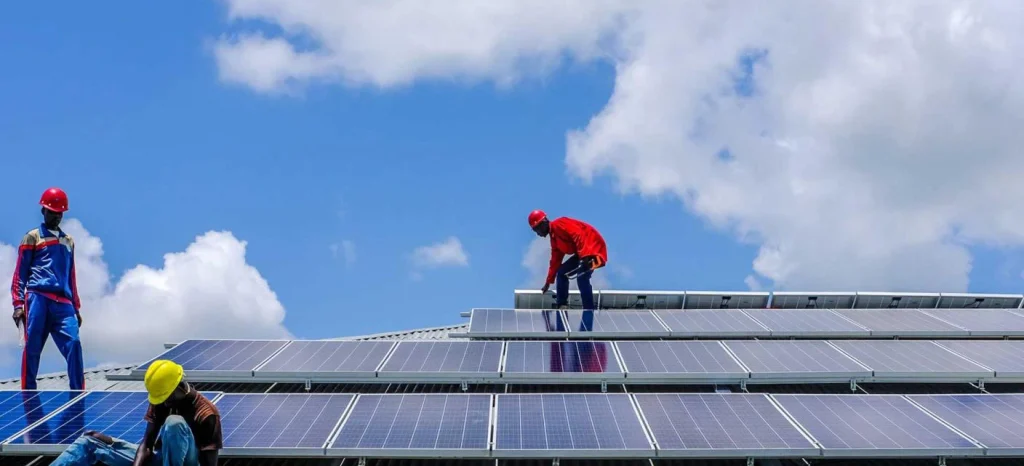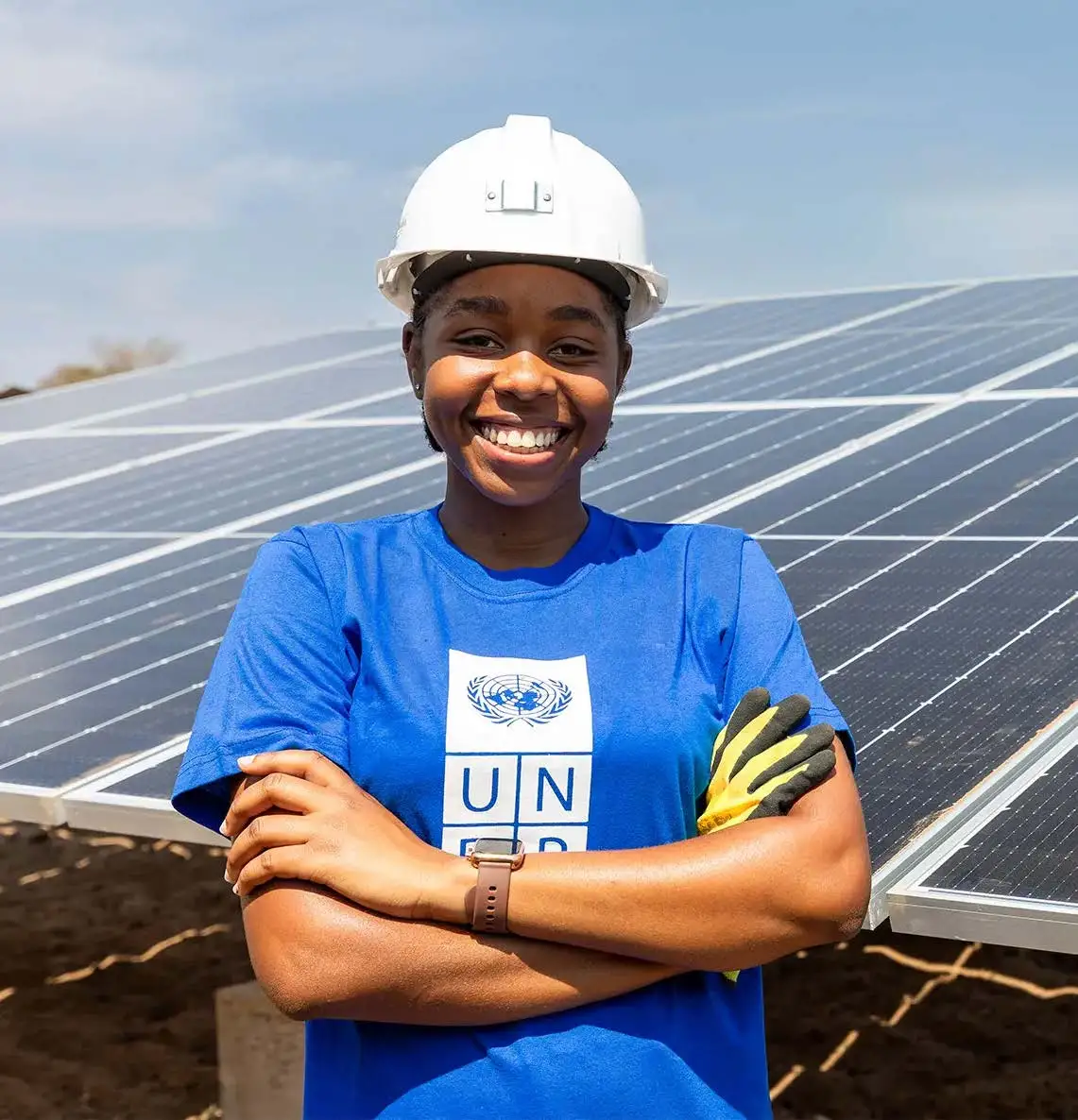The United Nations Development Programme (UNDP) secured a $1.5 million grant to help Zimbabwe accelerate access to sustainable, affordable and clean energy. This funding aligns with UNDP’s 2022-2025 strategic plan, focusing on renewable energy transitions.
UNDP Zimbabwe is one organisation that has always been working towards expanding renewable energy solutions in Zimbabwe.
Working with the Ministry of Energy and Power Development, the Rural Electrification Fund and the Zimbabwe Energy Regulatory Agency, the grant targets the country’s critical energy needs, especially in rural areas.
The investment will primarily support solar and biogas projects. UNDP Zimbabwe has already shown success with such initiatives. For instance, last year alone, they installed solar systems at
19 health facilities and two pharmaceutical warehouses, adding 10 mW to the health sector’s capacity. They also implemented climate-smart irrigation systems and off-grid energy kiosks, generating a combined 220 kW to support 64 local businesses.
Part of the $1.5 million purse will be used for feasibility studies of solar mini-grid projects. These studies
are crucial for identifying viable sites making sure that the financial and technical aspects of the projects
are feasible. This will be supported by the Viability Gap Funding mechanism, designed to make renewable energy projects more attractive to investors.

UNDP’s strategy places great emphasis on empowering local communities. A notable example is the biogas project undertaken in 2023, which stands as the largest biogas project ever implemented in Southern Africa.
Through this initiative, local builders were equipped with the skills needed to construct and maintain biogas digesters. This not only created business opportunities and sellable skills for these builders but also provided sustainable cooking fuel alternatives, thereby helping to reduce communities’ dependence on firewood.
This initiative supports UNDP’s broader goal to provide clean and affordable energy to 500 million people through strategic partnerships by 2025. In Zimbabwe, where there is a significant urban-rural disparity in electricity access, such interventions are more than welcome. The National Renewable Energy Policy of 2019 highlighted the challenges of high upfront and production costs for renewable energy projects. The UNDP’s funding addresses these challenges by subsidising up to 50% of the capital expenditure, in a way reducing the financial burden on developers and accelerating the deployment of renewable energy solutions.
It’s refreshing when the government and the private sector band together for initiatives of this magnitude. By developing and deploying renewable energy, the partnership aims to light
up 500 households and institutions by the end of 2024. UNDP’s approach not only focuses on immediate energy needs but also on creating a sustainable framework that encourages private sector investment for long-term impact.
Text: Farai Chaka
From: E&P ISSUE 11

